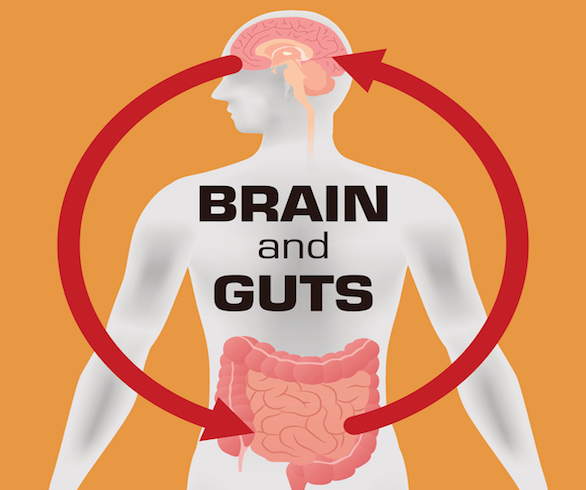According to health psychologists, the connection between your patients’ gut and brain health may be stronger than you might think. Now, these health-care professionals have begun treating gastrointestinal disorders that are largely contributed to by stress, including irritable bowel syndrome (IBS), Crohn’s disease, functional heartburn, functional dyspepsia, and ulcerative colitis.
This is because biochemical signaling between the brain and the GI tract—or the brain-gut axis—can have major implications on gastrointestinal health. For instance, the normal stress of daily life can make certain gastrointestinal conditions worse, while worrying about GI symptoms can make symptoms worse, as well as increase stress.
Dr. Sarah Kinsinger, PhD, ABPP, a Loyola Medicine health psychologist, offers behavioral treatments designed to target the brain-gut pathways. Specifically, she provides cognitive-behavioral therapy, a proven treatment for irritable bowel syndrome, as well as relaxation techniques, including diaphragmatic breathing and gut-directed hypnotherapy.
Dr. Kinsinger notes that for many patients, psychological or behavioral interventions can be more effective than medications.
“It is very gratifying to see patients get better after in some cases suffering for many years,” she says. “Psychological and behavioral interventions do not cure their disease, but the treatments can provide patients with safe and effective coping mechanisms and greatly reduce the severity of their symptoms.”
If your patients are suffering from gastrointestinal disorders, consider suggesting this method of healing as an adjunct treatment.









